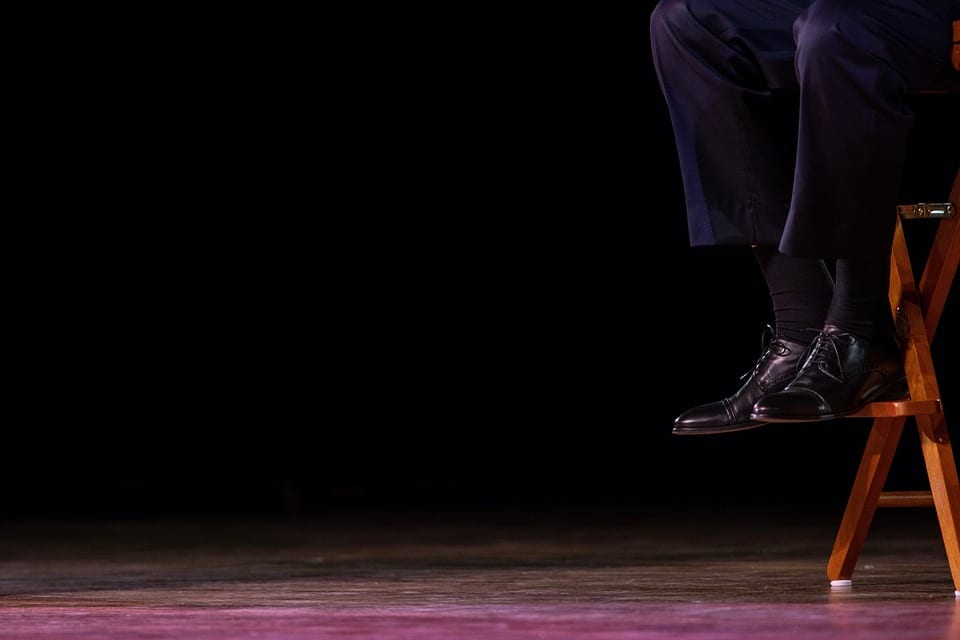Improvising is a tool used by people every day throughout many professions. Sales reps, teachers, and so many others benefit from the elements of improvisation.

Improvisation in the theater is something every actor works to improve and hone their skills. When you’re practicing, rehearsing, warming up, and exercising your mind, you’re always using improvisation.
Improv Increases Skills
Practicing improvisation increases the skills of an actor. Improv skills come in handy in many situations, when something goes awry, and mistakes happen when the curtain is up. Though we don’t plan for these things to happen, this is an element of live theater, and we can’t control when mistakes occur. We can, however, practice to know how to handle these situations and make them seem natural.
Expand Imagination & Creativity
When you’re practicing your improv skills, you create characters based on your imagination and creativity. This helps you study character elements, roles, and personalities so you can better portray certain character traits. When practicing improvisation in a group setting, actors will often interact with others in group scenes. This helps build character relationships and allows actors to study how they best interact with others on stage.

Creating a scene or a setting through improv is purely up to the actor. Improv is all about going with the flow. It increases your awareness, response time, and cognitive abilities.
Positivity & Open-Ended Comments
A general rule of thumb with improv is to include positive comments, open-ended thoughts, and questions with room for a response. Positive words like ‘yes’ as opposed to ‘no’ can allow you to build scenes further, and allow other actors to build from what you’ve created. Don’t position yourself or your partner with nowhere to go when improvising.

There are different rules for each theater community in regard to improvising. Most drama clubs or theater communities have a plan in place for when things go off script during a live performance. Almost all thespians practice their improvisation skills daily, and using them when you need them can make or break the believability of your production.
Planning With Improv
Before each production, discuss with your director and cast which improvisation tips and tricks will work during the show. See what’s appropriate beforehand, and decide how your cast will handle mistakes. Work on your improv a little each day to increase your skills all around.
When you’re looking to rent a backdrop, or purchase or customize your own, Backdrops by Charles H. Stewart has thousands of backdrops in inventory for you to choose from. Reach out to Charles H. Stewart at (978) 682-5757. Your perfect backdrop is awaiting you, ready for delivery.





